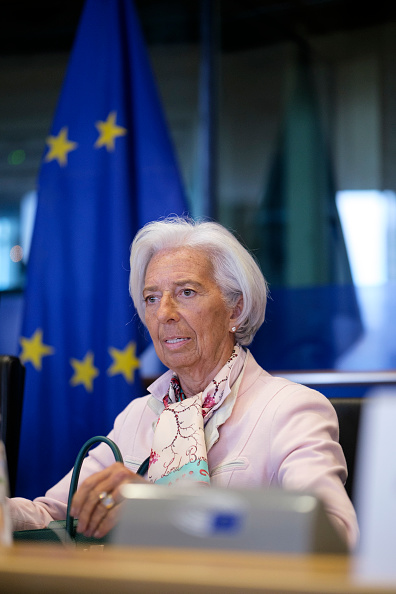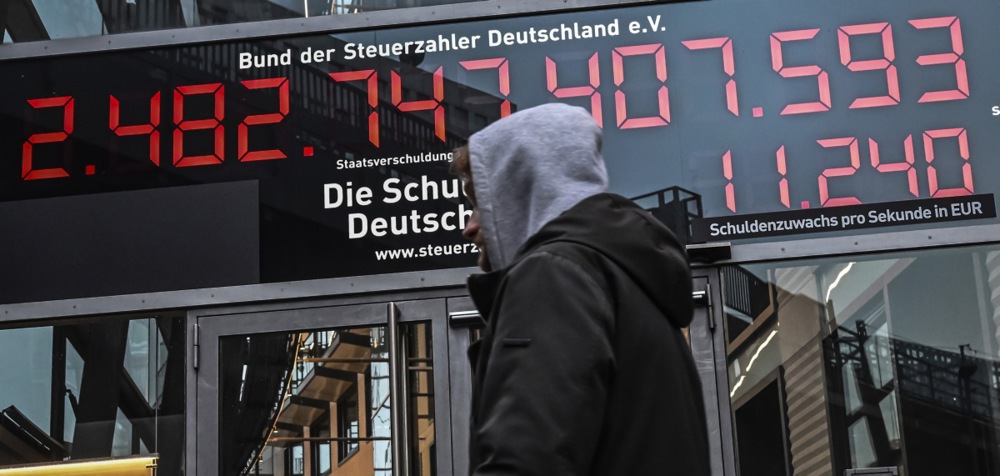High energy prices and a lack of reliable energy supplies are hindering German companies’ production and investments, with a growing trend of industrial firms considering relocating abroad, a new survey has revealed.
The poll by Germany’s DIHK Chambers of Industry and Commerce released on August 1 showed that 37 per cent of firms were considering cutting production or moving abroad, up from 31 per cent last year and 16 per cent in 2022.
Germany’s industrial companies have been suffering a contraction in economic activity following Russia’s invasion of Ukraine, with the ensuing slump in Russian energy imports triggering sharp energy-price rallies in 2022.
Prices have since fallen but are still high compared to other countries.
This trend was already evident last year. In 2023, two out of three German companies relocated their operations abroad because of the country’s ongoing energy chaos, said consultancy firm Deloitte.
Two out of three German companies have at least partly relocated their operations abroad because of Germany’s ongoing energy chaos, says consultancy firm Deloitte. https://t.co/tTT4hdGeKi
— Brussels Signal (@brusselssignal) November 15, 2023
The survey showed that some 45 per cent of energy-intensive industrial firms were mulling slashing output or relocation.
“The trust of the German economy in energy policy is severely damaged,” Achim Dercks, DIHK deputy chief executive said, adding that the government had not succeeded in providing companies with a perspective for reliable and affordable energy supply.
“Those who fail to recognise this will eventually witness the deindustrialisation of our country,” he said.
More than a third of industrial companies in Germany are reducing investment in core processes due to high energy costs, the survey showed, while two-thirds of industrial firms saw their competitiveness as being at risk.
Almost a third of businesses operating in Germany are moving operations out of the country in response to its “green” agenda, research has found. https://t.co/PRIGbdUnmM
— Brussels Signal (@brusselssignal) August 30, 2023
Energy self-supply through direct wind-power contracts and access to hydrogen has become increasingly important for companies, DIHK said, adding that taxes and electricity fees must be reduced.
Recent government measures to cut bureaucracy have not yet made a noticeable impact, the poll compiler said.
With price pressures and output drops, a quarter of companies are also scaling back climate protection investments, with sentiment towards energy transition registering its second-worst value in history, according to the survey.
“While in the years before 2023, many companies also saw opportunities in the energy transition for their own operations, in their view the risks have recently clearly outweighed the benefits,” Dercks said.





